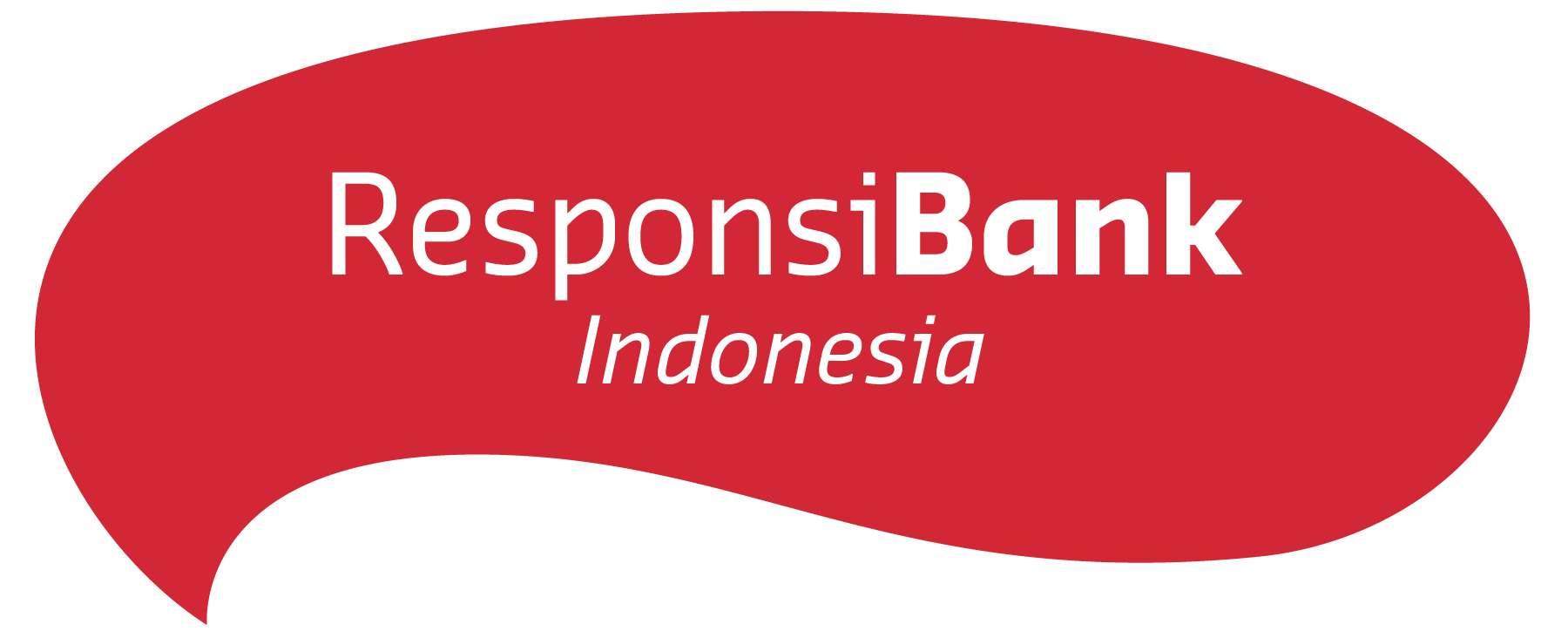Fair Finance Guide launches in Indonesia
Indonesian banks lag behind in incorporating social and environmental issues
 Koalisi Responsibank Indonesia, a coalition of Indonesian civil society organizations, is publishing the findings of its evaluation of the investment policies of the 8 largest national banks and the 3 largest foreign banks operating in Indonesia. The evaluation and ranking of the banks' published policies shows that both foreign and national banks receive insufficient scores, with the foreign banks scoring -on a scale of 1 to 10- under 5, and national banks scoring under 2.
Koalisi Responsibank Indonesia, a coalition of Indonesian civil society organizations, is publishing the findings of its evaluation of the investment policies of the 8 largest national banks and the 3 largest foreign banks operating in Indonesia. The evaluation and ranking of the banks' published policies shows that both foreign and national banks receive insufficient scores, with the foreign banks scoring -on a scale of 1 to 10- under 5, and national banks scoring under 2.
Koalisi Responsibank Indonesia consists of Perkumpulan Prakarsa, YLKI (Yayasan Lembaga Konsumen Indonesia), Walhi (Wahana Lingkungan Hidup), Publish What You Pay (PWYP) Indonesia, ICW (Indonesian Corruption Watch) and Infid (International NGO Forum for Indonesia Development).Given the low scores of the 11 banks, Responsibank is deeply concerned about those results. Banks are failing to adequately address social and environmental elements in their core business policies.With the financial industry regulator tightly setting indicators for the stability and financial healthiness of banks, it is imperative that banks also take their social and environmental, social and human rights responsibilities seriously. They should strive to meet widely accepted international standards in those areas.
"Although some of the national banks assessed only operate in Indonesia, it does not mean that weshould tolerate lower standards for banks in financing projects and companies that have high risks of human rights abuses, igniting social conflicts and causing environmental degradation", says Victoria Fanggidae, a representative of the Coalition from Perkumpulan Prakarsa. "In this interconnected world that moves toward green economy, such arguments are not acceptable, because that kind of inward-looking attitude will not stand tougher competition in the future", she added.
The Responsibank ranking reveals that HSBC has the best score of all 11 banks assessed, with arounded final score 4, while BNI and Danamon -both with a rounded final score of 1- are the two national banks that score highest. The other six national banks that were assessed received no score at all or score under 0.5. BCA, the biggest private bank in country, and Panin Bank, score lowest,with only 0.14 and 0.08 points respectively, on a scale of 1-10.
In comparative terms, the scores of Indonesian banks are the poorest among 7 countries that run a similar initiative called Fair Finance Guide International, in Brazil, Belgium, France, Japan, the Netherlands, and Sweden.
The Responsibank Indonesia Coalition calls banks in Indonesia to immediately embark on improving their investment policies, placing social, environmental and human rights concerns at the heart of those policies. Climate change, human rights, labor rights, tax and corruption are not minor issues that banks can ignore. By fully incorporating these issues in their policies, according to international and national standards, banks will improve their accountability and reduce their exposure to business risks. By being progressively more responsible, banks will be able to contribute to sustainable development and poverty reduction of the nation.
Responsibank also hope that the Roadmap of Sustainable Finance of the Financial Services Agency (OJK), will strengthen this drive for a more responsible, accountable, and sustainable banking sector in Indonesia.
"While the results of this first assessment are disappointing, we think that banks in Indonesia can choose for a ‘race to the top'. Banks can easily improve their ranking in next year's assessment by bringing their policies in line with internationally agreed standards. If they do so, this would signal that Indonesia's financial industry wants to catch up with global standards, and no longer holds the opinion that doing business can be totally separated from being responsible and ethical. People,planet and profit, the triple bottom line, and not just profit, are now inevitable for genuinely responsible businesses. Our banking sector has to move forward, and fast, or they will be left by their customers!" says Huzna Zahir, Responsibank representative from YLKI.
